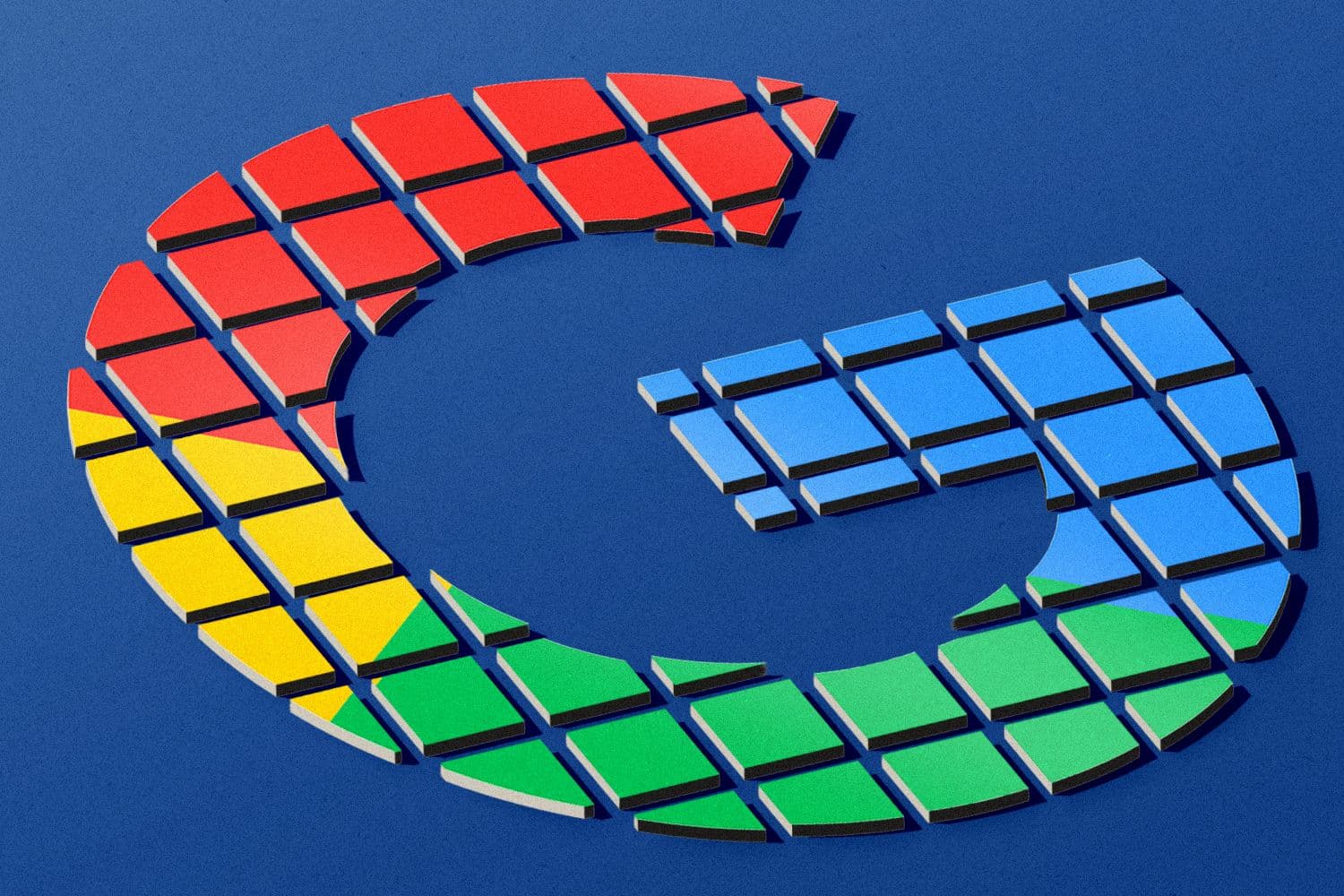What we’ve learned so far from the DOJ's trial against Google
It’s the government’s biggest antitrust case since the DOJ took on Microsoft in 1998.

Francis Scialabba
• 3 min read
Google’s lawyers are familiarizing themselves with half-smokes and mambo sauce. On Tuesday, Google executives appeared in federal court in Washington, DC, to face the Department of Justice, which alleges that the company abused its power to dominate search and search advertising.
It’s the government’s biggest antitrust case since the DOJ took on Microsoft in 1998. The trial is expected to take 10 weeks.
Background: Google is…well, a verb, commanding about 90% of the search market. Google’s “search and other” category pulled in about $43 billion in revenue in Q2, most of which came from advertising. Compare that with Microsoft, whose quarterly search revenue is typically only a sliver of that.
The DOJ is arguing that the company’s use of exclusive contracts with phone manufacturers, including Apple and Samsung, as well as web browsers like Mozilla, have made it the default search engine on most devices.
Since the lawsuit was filed in 2020, “more than 5 million documents and depositions of more than 150 witnesses have been submitted to the court,” according to the New York Times.
In the opening week of the trial, here were some of the key points:
- Though it wasn’t exactly a secret, this week the DOJ said that Google pays Apple and other companies about $10 billion a year to be the default search engine on devices and web browsers. Apple executives are expected to testify during the trial.
- The first witness to testify was Google’s chief economist, Hal Varian, who’s been with the company since 2002. DOJ lawyer Kenneth Dintzer questioned him “about studies Google conducted showing the benefits of default settings, along with internal data about search market share,” per the Wall Street Journal.
- Chris Barton, a former Google employee who helped make deals between the company and mobile carriers, also testified. “Barton, who was at Google from 2004 to 2011, said the number of Google executives working to win default status with mobile carriers grew dramatically when he was with the company, recognizing the potential growth of handheld devices and early versions of smartphones,” according to Reuters.
Get marketing news you'll actually want to read
Marketing Brew informs marketing pros of the latest on brand strategy, social media, and ad tech via our weekday newsletter, virtual events, marketing conferences, and digital guides.
You might remember that in late 2020, 38 states and territories filed an antitrust lawsuit against Google. This lawsuit is also part of the current trial. William Cavanaugh, a lawyer representing the states and territories, claimed during the trial this week that Google “limited a product used to place ads on other search engines to hurt Microsoft,” per the New York Times.
Google’s response: The company’s lead lawyer, John Schmidtlein, “demonstrated the number of taps or clicks required to change the default” search engine on smartphones in a bid to prove how easy it is, per the Times.
+1: Google is facing another lawsuit from the Department of Justice, filed earlier this year, accusing Google of monopolizing ad tech and violating antitrust laws.
Get marketing news you'll actually want to read
Marketing Brew informs marketing pros of the latest on brand strategy, social media, and ad tech via our weekday newsletter, virtual events, marketing conferences, and digital guides.